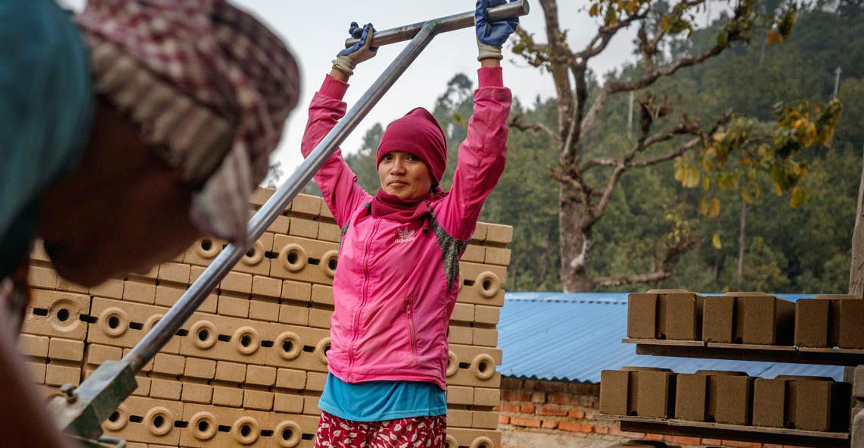Business Partnership Facility
Development of a Nepalese organic spice chain

Project leader
The Organic Village (Netherlands)
Local partners
The Organic Valley, LEAD NGO (Nepal)
Amount of co-financing
EUR 200,000
- Nepal
- 2017
- Completed
Challenge
Nepal is a significant producer of high-quality spices, particularly ginger, turmeric, pepper, and cinnamon. However, there is almost no processing capacity for these spices, which are sold and exported fresh and unprocessed. As a result, small-scale producers are dependent on and vulnerable to volatile markets with low added value.
Innovative solution
The partners have established a certified organic spice processing unit in Nepal, using innovative and novel processing techniques for the country.
Impact
- Development of a sustainable, high-value-added processing sector for the country’s economic development
- Acquisition of skills for spice producers who have obtained organic certification
- Additional and viable income source for local spice producers
- Creation of direct jobs within the production unit
- Preservation of biodiversity and soil by promoting organic spice production
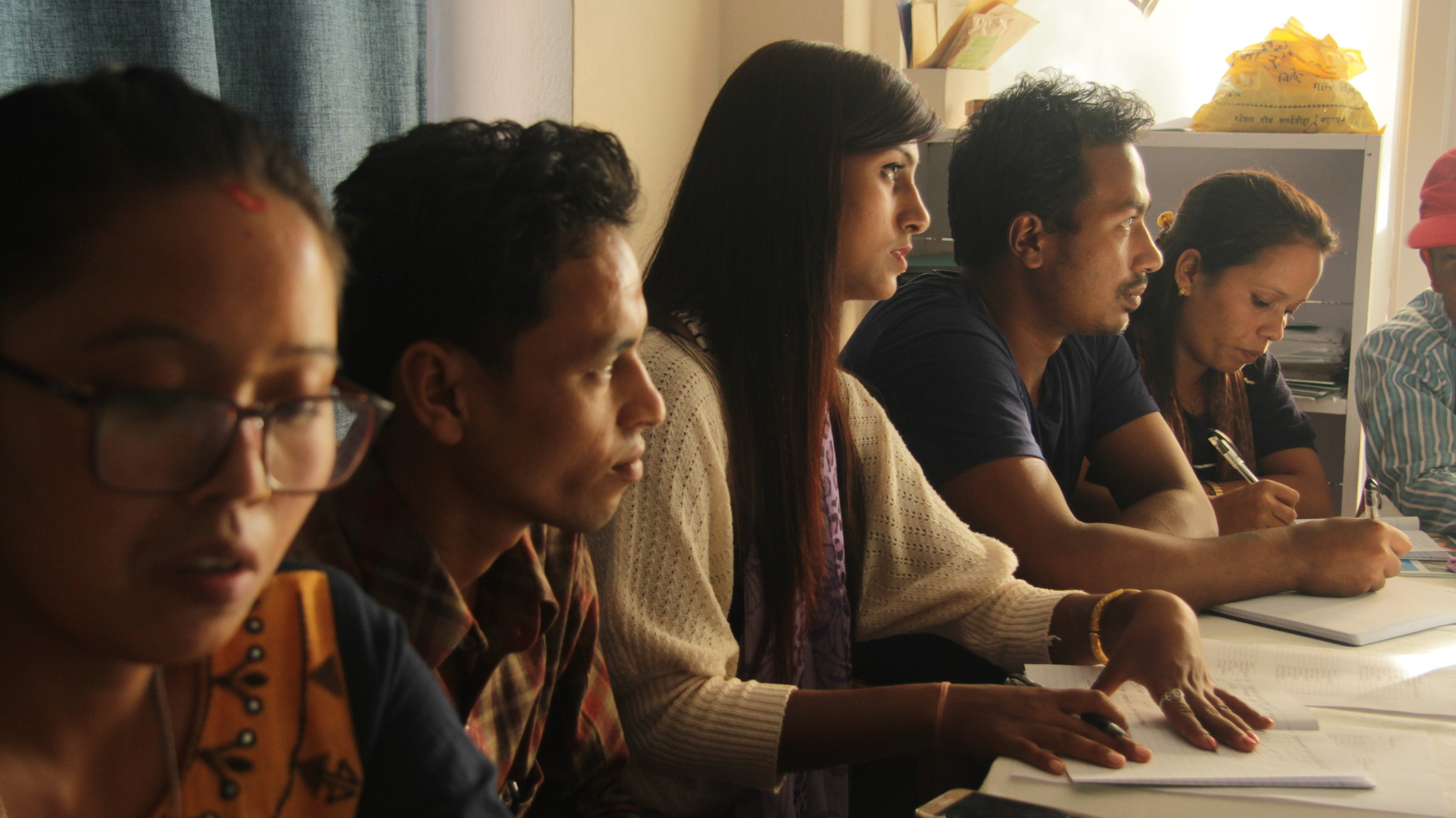



Targeted Sustainable Development Goals
-
48 employees and the 1,500 certified farmers benefit from additional income sources.
-
48 direct jobs have been created, 2,000 producers have been trained in sustainable agricultural production techniques.
-
1,800 tons of ginger and 178 tons of turmeric are produced and processed each year.
-
1,004 hectares of land and 1,500 farmers are CERES certified (an international inspection and certification organisation for sustainable organic food and textiles).
News
-
LuxAid Demonstration Fund
 Dec. 2025
Dec. 2025Driving Change in Kosovo: How businesses are tackling city congestion and industrial waste
What if the greatest challenges to Kosovo’s future weren’t a shortage of ideas, but the struggle to turn them into reality? Across the country, a new wave of companies is turning real-world problems into scalable products – from easing urban congestion to cutting industrial waste. Among the initiatives supporting this… -
LuxAid Challenge Fund
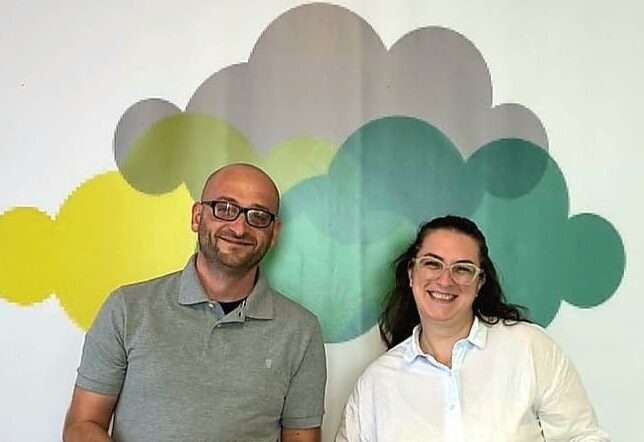 Nov. 2025
Nov. 2025How businesses from Kosovo are transforming education and manufacturing
In late 2024, Luxembourg’s Development Cooperation launched a new call for proposals under the LuxAid Challenge Fund, a programme designed to support innovative, locally driven solutions to social and economic challenges. Competition was intense: more than 80 applications poured in from across Kosovo, each with bold ideas to tackle the… -
LuxAid Challenge Fund LuxAid Demonstration Fund
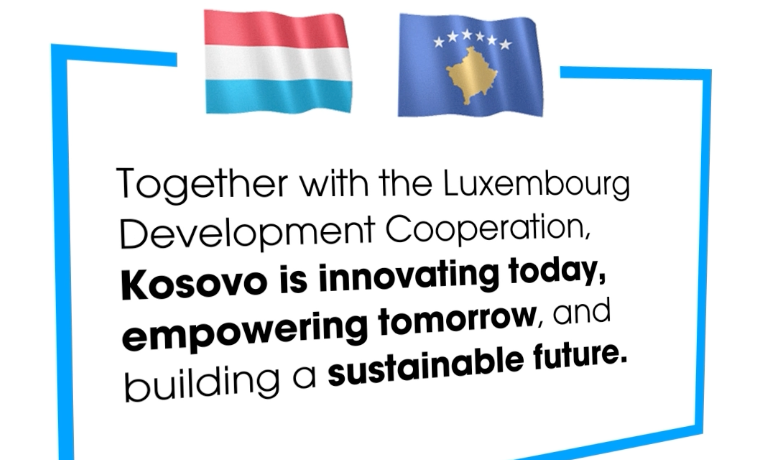 Nov. 2025
Nov. 2025Eight bold innovations shaping Kosovo’s future
After months of mobilisation across a vibrant ecosystem and a rigorous selection process, eight groundbreaking projects led by Kosovo-based enterprises have been awarded support through the Luxembourg Challenge Fund (LCF) and the Luxembourg Demonstration Fund (LDF). Launched in late 2024 with a budget of more than EUR 1.5 million, this… -
Business Partnership Facility
 Sep. 2025
Sep. 2025The BPF, a driver of sustainable business
The Luxembourg State supports the creation of innovative partnerships, inviting the private sector to invest in developing countries. Through the Business Partnership Facility (BPF), Luxembourgish or European companies join forces with foreign partners to generate positive societal impact. Discover in Paperjam the story of e-LMA and Swiss Premium, a win-win… -
Business Partnership Facility
 Sep. 2025
Sep. 2025From Luxembourg to Kosovo: Building the finance of tomorrow
Read the interview of Jabir Chakib (CEO of e-LMA) and Ilir Ibrahimi (CEO of Swiss Premium) to have their insight on this BPF-backed project in Kosovo. -
Business Partnership Facility
 Sep. 2025
Sep. 2025Launch of the 14th edition of the BPF: Boost your impactful projects in developing countries
Business growth and positive impact? Yes, it’s possible! Whatever your sector, the Business Partnership Facility (BPF) can help your enterprise expand internationally while contributing to a fairer, more inclusive and sustainable future. -
LuxAid Challenge Fund
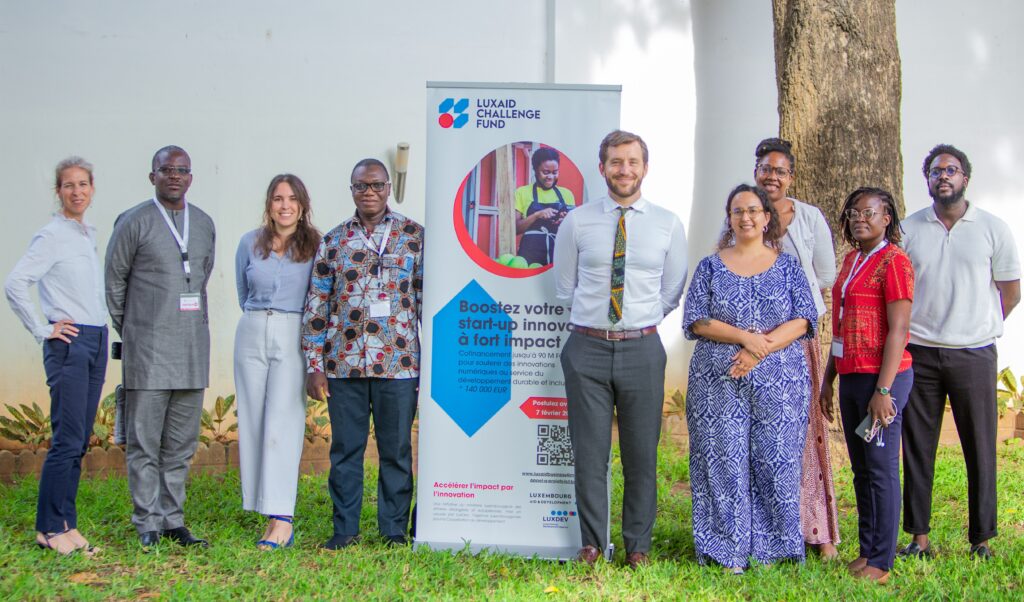 Apr. 2025
Apr. 2025LuxAid Challenge Fund: 15 innovative entrepreneurs pitched their projects in Benin
The LuxAid Challenge Fund in Benin has reached a major milestone with the recent Pitch Days held in Cotonou… -
LuxAid Demonstration Fund
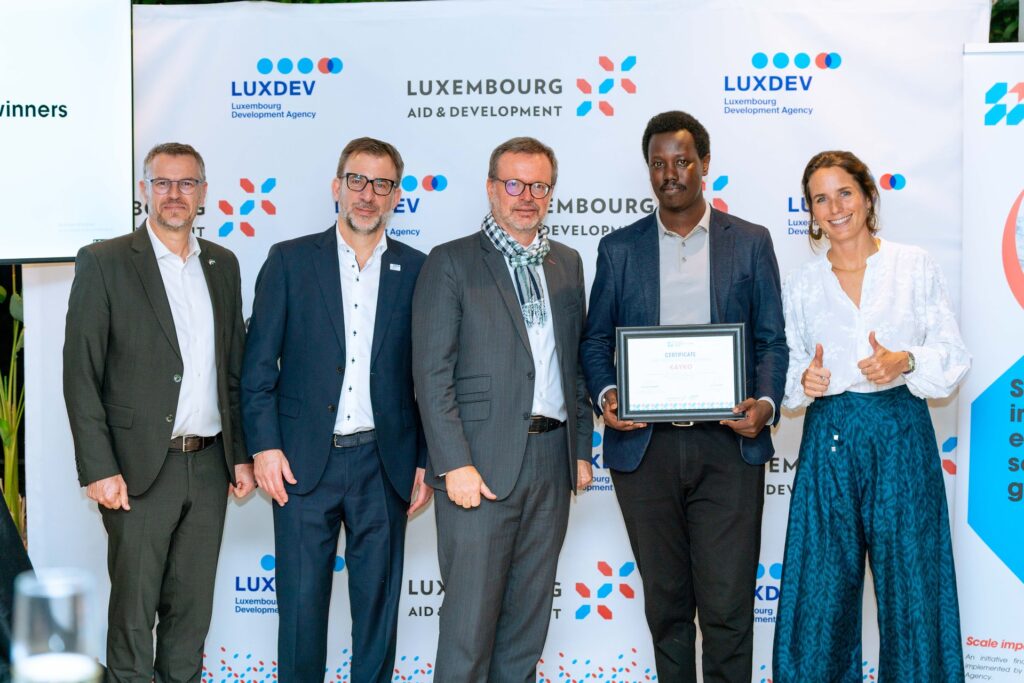 Oct. 2025
Oct. 2025Boosting impact, building futures: Rwanda’s innovators backed by Luxembourg
On Thursday, 16 October 2025, Kigali came alive with the spirit of innovation for impact. The Embassy of Luxembourg hosted a high-level ceremony dedicated to the LuxAid Demonstration Fund (LDF), a flagship initiative of Luxembourg’s Development Cooperation, implemented by LuxDev, the Luxembourg Development Cooperation Agency.





